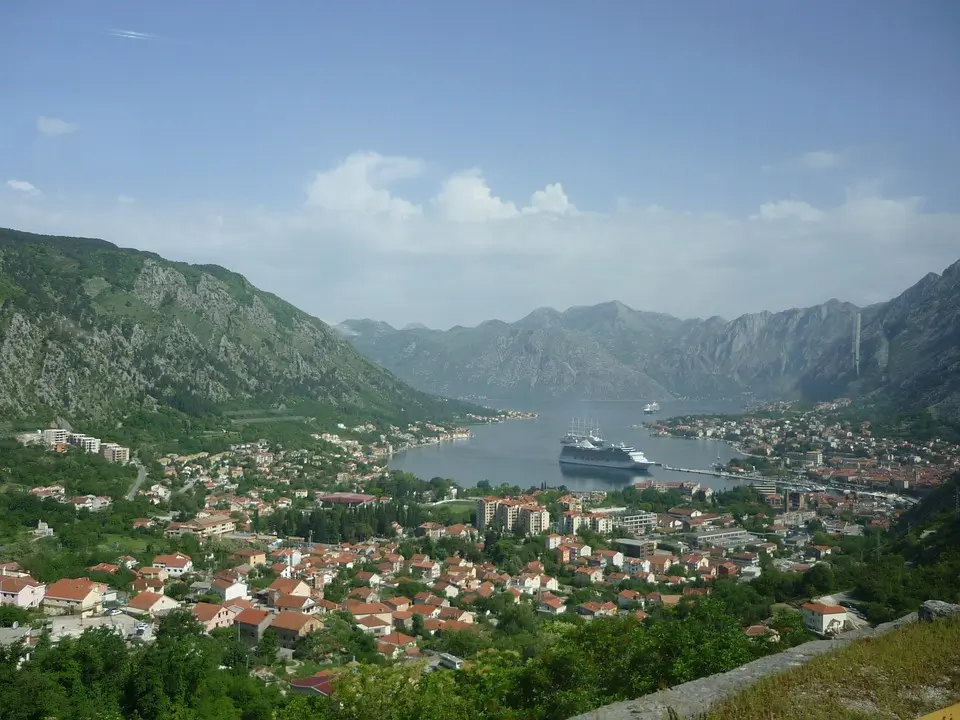Forests are a major source of economic development in the Western Balkans. Young researchers, resource managers in public institutions and future policy leaders from 14 European countries created CAPABAL, the only Targeted Network focusing exclusively on this region. It aims to revise current and implement new forestry policies at regional and national levels.
Although national policies and laws on forestry and natural resources in the Western Balkans mainly spring from international policy agreements, such reforms have not yet been translated into practice neither at national nor at regional levels. The region includes Albania, Bosnia and Herzegovina, Montenegro, Croatia, Kosovo, Serbia and the former Yugoslav Republic of Macedonia.
Created in 2013, the network started off in October 2014 by defining a series of objectives and activities for the upcoming two years.
A foresight document on the future of Balkan forests is one of the two main outcomes planned for. It is meant to indicate the sector’s challenges and opportunities addressed by a strategic research agenda. The agenda will offer solutions to existing issues and propose ways of exploiting resources that could bridge the gap between policy and reality.
Researchers from the Croatian Forest Research Institute and the University of Sarajevo are leading the group and have planned their key activities in the region: short-term scientific missions and training schools in Serbia, Bosnia and Herzegovina and Slovenia. This clearly shows the regional focus of the network, also reflecting efforts to engage young scientists and policy makers from less research-intensive countries across Europe.
Vice Chair Dr Mersudin Avdibegovic (University of Sarajevo) confirmed this is a “unique opportunity for young scientists interested in forest policy and governance to establish a regional and international network and improve their own research skills.”
The group will also engage and build on the work of COST Actions forestDSS, USEWOOD, FACESMAP, NWFP and EuMIXFOR.
CAPABAL is open to all interested in joining. Should you wish to join in the network’s first year, please contact your Country National Coordinator who will guide you through the required steps. Requests for joining later need to be directed to the Action Chair.
Background
Targeted Networks strengthen the role of COST in specific policy areas such as capacity building, excellence in administration, gender balance, capacity building and next-generation researchers’ involvement in COST activities.

